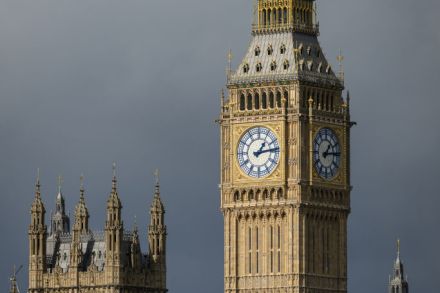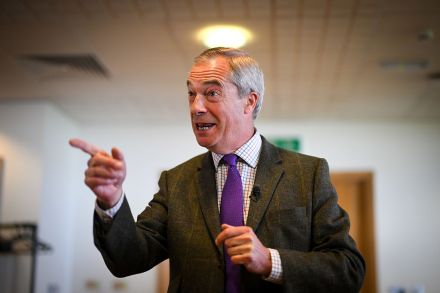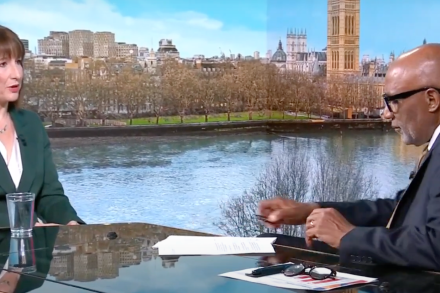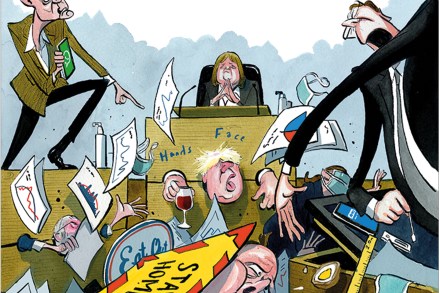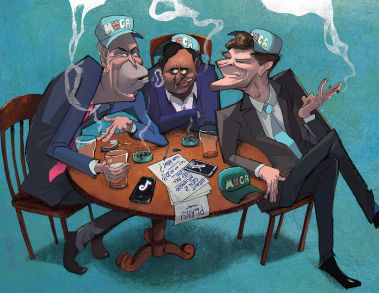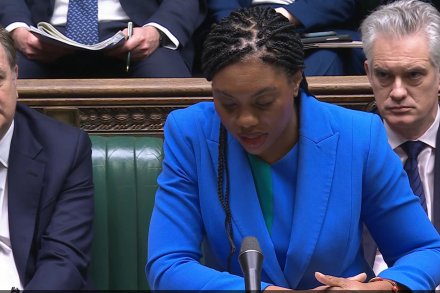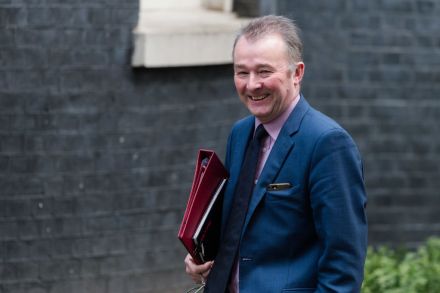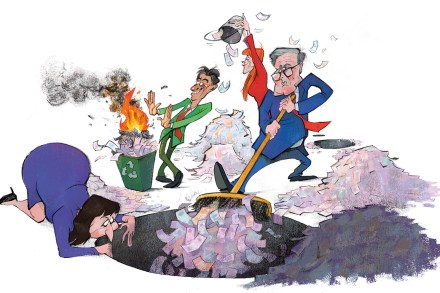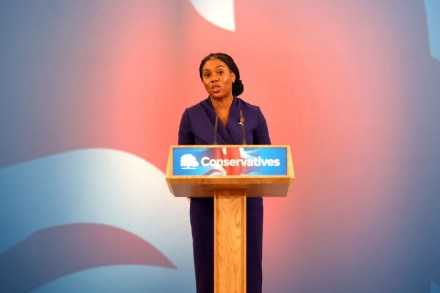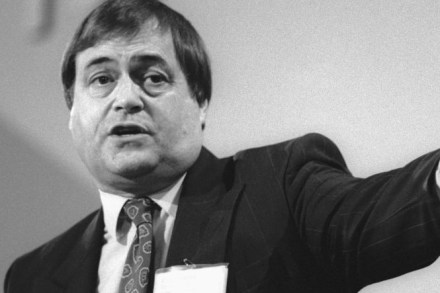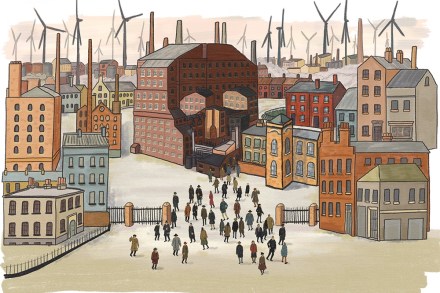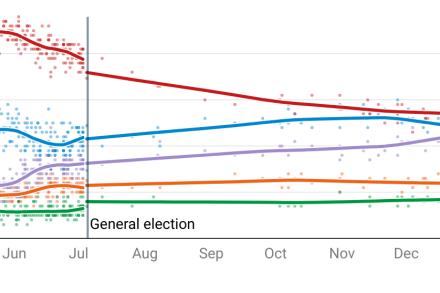10 years of politics as Balls bows out
21 min listen
Katy Balls joins Coffee House Shots for the last time as the Spectator’s political editor. Having joined the magazine ten years ago – or six prime ministers in Downing St years – what are her reflections on British politics? Katy’s lobby lunch partner from the Financial Times Stephen Bush joins Katy and Patrick Gibbons to try and make sense of a turbulent political decade, work out where the greatest risk is to the current Labour government, and attempt to make some predictions for the next ten years. Produced by Patrick Gibbons.
